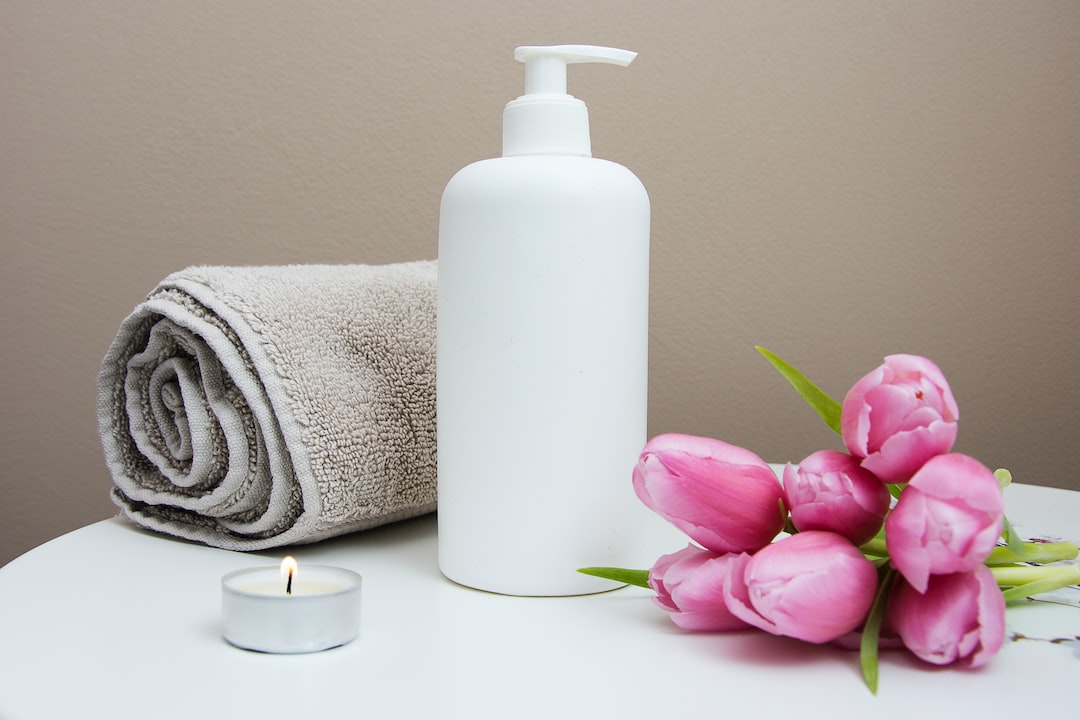The ABCs of Sunscreen: Everything You Need to Know
Summer is just around the corner, and that means days filled with endless sunshine and outdoor activities. But before you head out to soak up the rays, it’s crucial to protect your skin from harmful UV radiation. Sunscreen is an essential tool in safeguarding your skin against the damaging effects of the sun. In this blog post, we will guide you through the ABCs of sunscreen, covering everything you need to know to keep your skin healthy and protected.
A – Apply Generously: One of the most crucial aspects of sunscreen application is ensuring you apply it generously. Experts recommend using at least two tablespoons of sunscreen for your body and one teaspoon for your face. Don’t forget those easy-to-miss areas such as ears, back of the neck, and feet. Applying a thick layer ensures you have adequate protection throughout the day.
B – Broad-Spectrum Protection: When choosing your sunscreen, opt for one that offers broad-spectrum protection. This type of sunscreen shields your skin from both UVA and UVB rays. UVA rays are responsible for long-term skin damage, aging, and wrinkles, while UVB rays cause sunburn. Make sure the sunscreen you choose has a high SPF (Sun Protection Factor) rating as well, to provide maximum protection against both types of rays.
C – Choose the Right SPF: SPF is a measure of how well a sunscreen can protect your skin from UVB rays, which are the primary cause of sunburn. It’s essential to choose the right SPF for your skin type and the sun’s intensity. Experts generally recommend using an SPF of 30 or higher for daily use. For prolonged sun exposure or if you have fair or sensitive skin, consider using an SPF 50 or higher.
D – Don’t Forget to Reapply: Applying sunscreen once at the beginning of the day is not enough to keep your skin protected. Sunscreen needs to be reapplied every two hours, or more frequently if you are swimming or sweating. Even water-resistant or waterproof sunscreens can lose their effectiveness over time, so make sure to reapply regularly to maintain adequate protection.
E – Examine the Expiry Date: Sunscreens have an expiration date, so it’s important to check the label and use them within the recommended timeframe. Expired sunscreen may not provide the intended protection, as the active ingredients can degrade over time. To ensure maximum efficiency, replace your sunscreen at least once a year.
F – Formulas for All: Sunscreens are available in various formulas, making it easier to find one that suits your needs. Lotions, creams, gels, sprays, and sticks all work effectively to protect your skin. Choose a formulation that suits your preferences and skin type. Remember to pay attention to sensitive areas such as your lips, which can be safeguarded by using lip balms with built-in SPF.
G – Get Smart with Sun Protection: Using only sunscreen is not enough to protect your skin adequately. Combine sunscreen usage with other sun-safe practices to shield your skin from harm. Seek shade during peak sun hours, between 10 am to 4 pm, when the sun’s rays are the strongest. Wear protective clothing, such as wide-brimmed hats and long-sleeved shirts. Don’t forget to wear sunglasses that offer UV protection to safeguard your eyes from harmful radiation.
H – Healthy Habits: Sunscreen is just one piece of the sun protection puzzle. Maintaining overall skin health is vital. Stay hydrated by drinking plenty of water, moisturize your skin regularly, and maintain a healthy diet rich in antioxidants that can help protect your skin from within. These healthy habits contribute to better skin protection and overall skin health.
In conclusion, sunscreen is your skin’s best friend when it comes to sun protection. By following the ABCs of sunscreen, you can ensure proper application, choose the right protection, and take additional sun-safe measures. So, before you head out to enjoy the sun, layer up with sunscreen, and let your skin thank you in the years to come!

